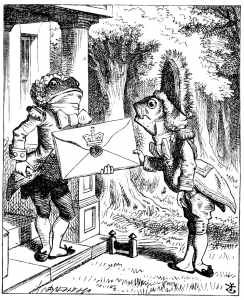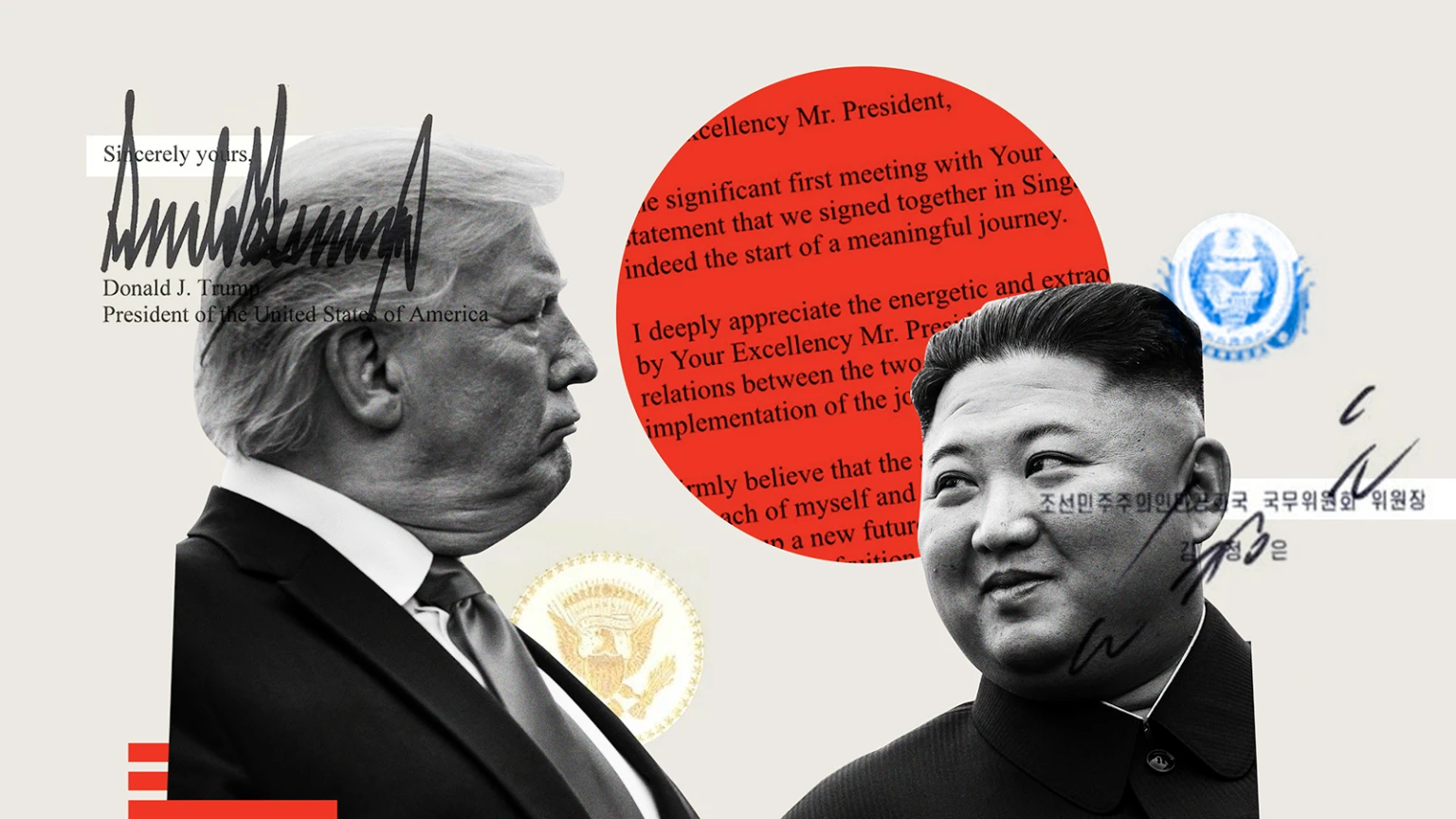A Whackadoodle mini civics lesson about why America has a Presidential Records Acts and a Freedom of Information Act, as well as a link to FOIA where every citizen can request government documents.
“What’s up with the Presidential Records Act?” she asked me out of the blue.
“What do you mean, ‘What’s up’ with the Presidential Records Act?”
“I mean, why do all Presidential papers belong to the National Archives, and not the President who wrote them?”
“Ah,” I nodded. “That has a lot to do with Nixon and the Watergate scandal. Before Watergate, their was no Presidential Records Act, and there was a lot of paper shredding going on.”
I could see her considering my answer, “So the act was designed to keep people from destroying records?”
“Covering up their actions, yes.”
“So what does the law actually say?” she asked.
“Well you’ve got Google,” I told her. “You could look it up. Just type in Presidential Records Act, and then read the actual law.”
“Come on,” she shook her head. “If you know, why not just tell me?”
“Maybe because I want you to stop listening to interpretations, and start going to original sources.”
“I promise to do that later, but can you give me a basic summary now?”
“Fine,” I sighed. “The Presidential records Act of 1978 essentially establishes the public ownership of all Presidential records and then goes on to define the term Presidential records, as well as the manner in which they are to be preserved.”
“Hum,” she sat in thought.
“We also have another law passed around the same time,” I decided to add. “It’s called the Freedom of Information Act, which means that any citizen can request a copy of any document from the National Archives, or any other government agency for that matter, so long as the document is not still classified. All you have to do is go to their FOIA website, where they will state quite proudly that the basic function of the Freedom of Information Act is to ensure that citizens can stay informed. A concept that seemed important to a functioning democratic society at the time it was passed into law.” I couldn’t help but conclude, “If I taught High School Civics, I would make requesting a document from the FOIA website mandatory for passing my class.”
She ignored my sidebar, and asked instead. “But why can’t forty-five keep his North Korean love letters?” she asked. “I mean, they were written to him personally.”
“They were also written to the forty-fifth President,” I replied. “Don’t you think that the forty-sixth President should know what they said? What might have been agreed upon? What might have been promised? Wouldn’t knowing all that help him or her to understand our country’s national interests better? Do you really think that forty-five should be allowed to hide that information from forty-six? Do you really think he should be allowed to hide it from the American people?”
“I suppose not,” she admitted at last.
“Besides,” I added. “If he really wants a framed copy of those ‘Love Letters’ to place on his wall, he can always make a FOIA request like every other citizen. He can even have the originals sent to whatever National Archive Presidential Library he decides to build, where the National Archive System can continue to care for them, and the American people can be allowed to view them.”
“He has to build his own library?”
“If he wants to build one. He’s not required to build one under the constitution. However, if he does decide to build one, everything in it will remain under the administration of the National Archives because that is the law.”
“So,” she said after a moment. “I suppose the Presidential Records Act also means that if you don’t like keeping records of your actions, you shouldn’t run for President.”
“Good advice from someone so young,” I winked.
“So what’s gonna happen now?” she asked.
“I suppose we will find out if a citizen who used to be President is above the law,” I answered. “Anyway,” I continued. “Do you understand ‘What’s up’ with the Presidential Records Act, and why it is a federal crime for Presidents to ignore it?”
“Yeah,” she said. “I think that I do.”
“Then our lesson is done.”
__________
If you you enjoyed this post, please leave a comment below. It helps our algorithm.
It would also be great if you shared this post. It also helps our algorithm.
If you would like to join Lynn’s mailing list, or ask a Dear Navigator question click here

You can reach Lynn Marie Sager at
DearNavigator@gmail.com
Author:
- Navigating Life in a Whackadoodle World
- Finding Sense in a Whackadoodle World
- Teaching Logic in a Whackadoodle World
- Navigating Life Through Turbulent Tides
- A River Worth Riding: Fourteen Rules for Navigating Life


I like the way you would teach civics by getting your students actually involved with their government.